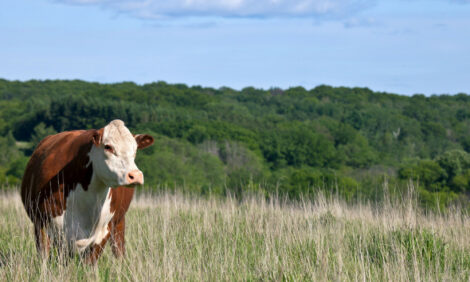



Arla Ahead Of Dairy Roadmap Targets
UK - Arla Foods is on track to meet several of the 2015 Dairy Roadmap targets ahead of schedule, having comfortably met the 2010 targets.Arla’s sustainability manager, Richard Laxton, said that the company’s strong environmental position is due to the dairy industrys leading environmental strategy that it launched in December, which dovetails perfectly with the ambitions of the Dairy Roadmap.
“Our environmental strategy is the first in the industry to incorporate both our operations and those of our supplying farmers,” said Mr Laxton.
“We have set ourselves some challenging targets and our goal is to achieve emissions targets which meet or exceed climate change and key voluntary agreements.”
Arla led the industry when it was the first to incorporate 15 per cent recycled plastic into its polybottles in October last year, 50 per cent above the set target of 10 per cent and, as well as working hard to hit the 30 per cent goal by 2015, the company aims to include 20 per cent recycled plastic in its bottle caps too, although this is dependent on recyclate supply.
When it comes to adopting environmental management systems, each individual Arla processing site has been certificated to both ISO 14001 and OHSAS 18001 since 2007 and, in 2006, all the company’s dairies began working with the carbon management programme, Carbon Desktop. The system, which monitors energy usage allowing for precise targeting of areas of high consumption, is enabling the generation of significant utility savings, and is being upgraded at the start of June. The new-look system will more clearly highlight changes in consumption patterns and also provide enhanced month-on-month and year-on-year comparisons allowing Arla’s carbon action teams, which have been mobilised at each site, to more easily monitor the effect of their carbon reduction initiatives.
Arla also expects to hit the 2015 Dairy Roadmap zero production waste to landfill target three years ahead of schedule, with two of its six sites already reusing, recycling or recovering all of their solid wastes.
In collaboration with Lindhurst Engineering and the University of Nottingham, Arla has recently unveiled an innovative and pioneering microbial fuel cell (MFC) which is predicted, with further development, to revolutionise energy generation on farms and within the dairy industry by converting both farm slurry and dairy effluent into electricity.
TheCattleSite News Desk


